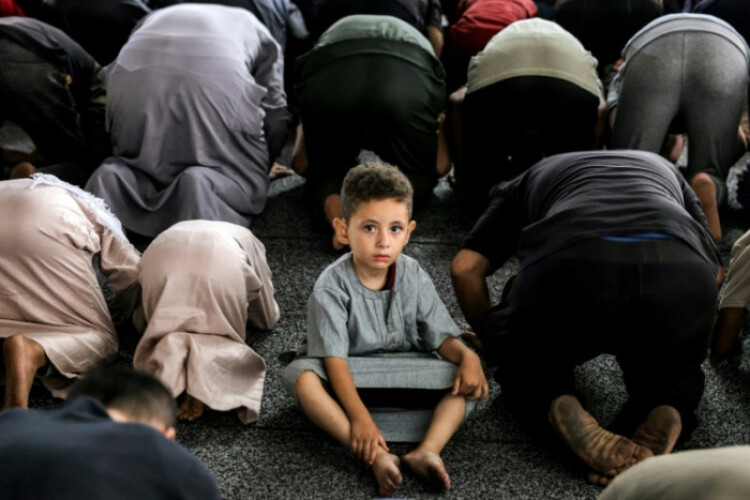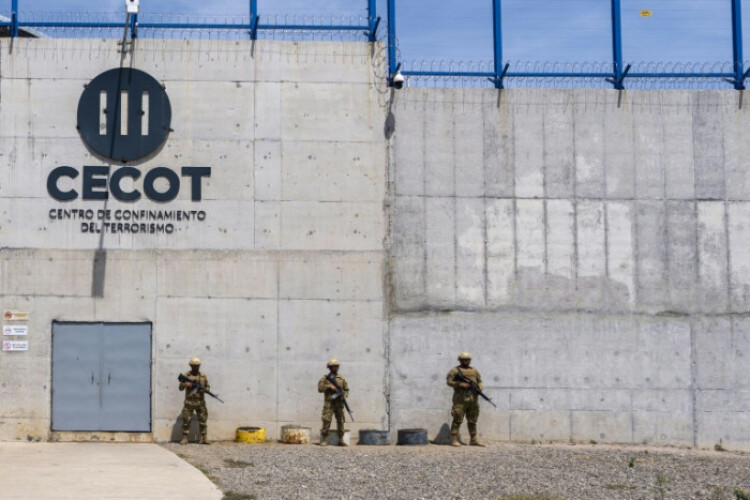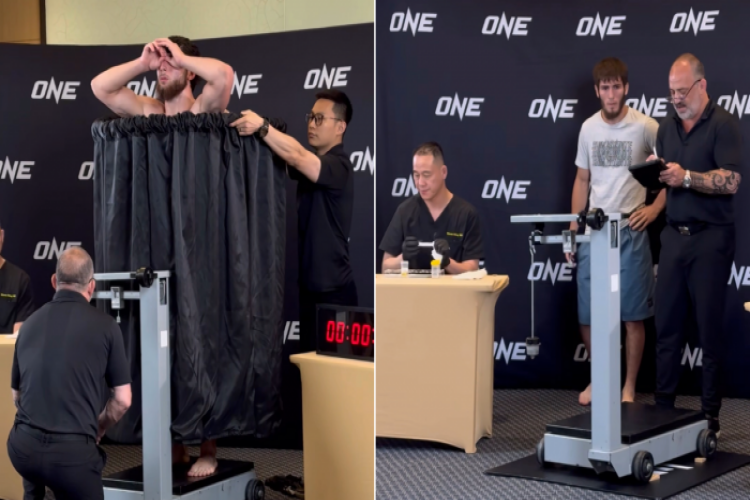
For over half a century, the aroma of Nescafé has been a familiar part of the Thai landscape.
The 96-year-old global brand, a cornerstone of Swiss food and beverage behemoth Nestlé, has enjoyed unparalleled success in the Kingdom. However, this seemingly unshakeable presence is now under threat.
A bitter legal battle with the powerful Mahagitsiri family, Nestlé's former business partners in Thailand, has resulted in a court order dramatically halting the production, contract manufacturing, import, and sale of Nescafé products across the country.
The roots of this dramatic turn of events lie in Nestlé's decision to terminate its agreement in 2021 with Quality Coffee Products (QCP), the entity responsible for manufacturing Nescafé in Thailand.
QCP was a joint venture established in 1990, with both Nestlé and the Mahagitsiri family, spearheaded by prominent businessman Prayudh Mahagitsiri, each holding a 50% stake.
Prayudh Mahagitsiri
The termination of this long-standing arrangement was legally upheld by a ruling from the International Court of Arbitration, effective at the end of 2024.
However, the story didn't end there. Chalermchai Mahagitsiri, a significant shareholder in QCP (currently holding the largest stake at 41.80%, with Nestlé S.A. holding 30.00%), subsequently launched legal action against Nestlé's Thai operations and its directors in the Minburi Civil Court.
This culminated in a significant victory for the Mahagitsiri side on April 3rd, 2025, when the court granted a temporary injunction.
This order directly prohibits Nestlé, the sole owner of the globally recognised Nescafé trademark, from any activities related to the production, contracted production, distribution, and importation of their instant coffee products within Thailand.
From Brazilian Surplus to Global Icon: The Nescafé Story
Nestlé, a titan of the global food and drink industry with a staggering portfolio of over 2,000 brands sold in over 180 nations, boasts a rich history stretching back over 150 years globally, and over 130 years in Thailand.
One of its most enduring and successful creations is Nescafé.
The brand's origins trace back to a specific challenge in 1929. Louis Dapples, then Chairman of Nestlé's board, responded to a plea from Brazil, grappling with an enormous surplus of coffee beans.
The request was simple: devise a method for consumers to prepare coffee quickly and easily.
Initial attempts, including a cube-shaped instant coffee tablet, failed to capture the crucial flavour profile. It took seven years of dedicated research and development before Nestlé finally unveiled its instant coffee powder in Switzerland in 1938, christening it "NESCAFÉ®." The product was an immediate success, selling out within a mere two months.
A Three-Decade Partnership Forged in Coffee
Nestlé brought its instant coffee brand, Nescafé, to the Thai market 52 years ago, meticulously building brand recognition alongside the iconic "Red Cup" – the familiar red mug synonymous with the rich aroma that resonated with its target consumers.
This sustained marketing prowess cemented Nescafé's position as the undisputed number one coffee brand in Thailand.
The business alliance between Nestlé and the Mahagitsiri family commenced in 1990. This partnership saw the two entities collaborate closely in the production of Nescafé within Thailand through QCP.
For decades, this 50/50 joint venture proved highly successful, with Prayudh Mahagitsiri becoming a prominent figure, often referred to as the "Godfather of Nescafé" in Thailand, such was his association with the brand's dominance.
However, the termination of the production agreement by Nestlé in 2021, followed by the international arbitration ruling, marked a significant shift in this relationship.
The subsequent legal action by Chalermchai Mahagitsiri has now transformed a long-standing partnership into a contentious business feud, complete with ongoing court battles.
The Stakes are High in Thailand's Lucrative Coffee Market
The financial performance of Quality Coffee Products underpins the significance of this dispute.
In 2022, the company reported a total revenue exceeding 17.1 billion baht, a slight increase of 0.28%, with a net profit of over 3.067 billion baht, a decrease of 9.84%.
The previous year, 2021, saw revenue of 17.1 billion baht, a substantial 10.69% growth, and a net profit of 3.4 billion baht, an 8.14% decrease.
In 2020, revenue stood at 15.4 billion baht, down by 2%, with a net profit of 3.7 billion baht, a modest 0.58% increase.
The Thai coffee market itself is substantial, estimated at around 60 billion baht across all segments. The in-home coffee market, dominated by instant and 3-in-1 products, accounts for approximately 33 billion baht, while the out-of-home market is valued at 27 billion baht (according to Euromonitor).
Within this, the ready-to-drink coffee segment is worth 24 billion baht (2023 data from Tetra Pak Compass). The average Thai consumer drinks around 340 cups of coffee per year (source: Nestlé), with the fresh coffee market valued at over 5 billion baht.
It is within the significant in-home and ready-to-drink segments that Nestlé's Nescafé now finds itself facing a formidable legal challenge, jeopardising its long-held market leadership.
Asia News Network/The Nation
The 96-year-old global brand, a cornerstone of Swiss food and beverage behemoth Nestlé, has enjoyed unparalleled success in the Kingdom. However, this seemingly unshakeable presence is now under threat.
A bitter legal battle with the powerful Mahagitsiri family, Nestlé's former business partners in Thailand, has resulted in a court order dramatically halting the production, contract manufacturing, import, and sale of Nescafé products across the country.
The roots of this dramatic turn of events lie in Nestlé's decision to terminate its agreement in 2021 with Quality Coffee Products (QCP), the entity responsible for manufacturing Nescafé in Thailand.
QCP was a joint venture established in 1990, with both Nestlé and the Mahagitsiri family, spearheaded by prominent businessman Prayudh Mahagitsiri, each holding a 50% stake.
Prayudh Mahagitsiri
The termination of this long-standing arrangement was legally upheld by a ruling from the International Court of Arbitration, effective at the end of 2024.
However, the story didn't end there. Chalermchai Mahagitsiri, a significant shareholder in QCP (currently holding the largest stake at 41.80%, with Nestlé S.A. holding 30.00%), subsequently launched legal action against Nestlé's Thai operations and its directors in the Minburi Civil Court.
This culminated in a significant victory for the Mahagitsiri side on April 3rd, 2025, when the court granted a temporary injunction.
This order directly prohibits Nestlé, the sole owner of the globally recognised Nescafé trademark, from any activities related to the production, contracted production, distribution, and importation of their instant coffee products within Thailand.
From Brazilian Surplus to Global Icon: The Nescafé Story
Nestlé, a titan of the global food and drink industry with a staggering portfolio of over 2,000 brands sold in over 180 nations, boasts a rich history stretching back over 150 years globally, and over 130 years in Thailand.
One of its most enduring and successful creations is Nescafé.
The brand's origins trace back to a specific challenge in 1929. Louis Dapples, then Chairman of Nestlé's board, responded to a plea from Brazil, grappling with an enormous surplus of coffee beans.
The request was simple: devise a method for consumers to prepare coffee quickly and easily.
Initial attempts, including a cube-shaped instant coffee tablet, failed to capture the crucial flavour profile. It took seven years of dedicated research and development before Nestlé finally unveiled its instant coffee powder in Switzerland in 1938, christening it "NESCAFÉ®." The product was an immediate success, selling out within a mere two months.
A Three-Decade Partnership Forged in Coffee
Nestlé brought its instant coffee brand, Nescafé, to the Thai market 52 years ago, meticulously building brand recognition alongside the iconic "Red Cup" – the familiar red mug synonymous with the rich aroma that resonated with its target consumers.
This sustained marketing prowess cemented Nescafé's position as the undisputed number one coffee brand in Thailand.
The business alliance between Nestlé and the Mahagitsiri family commenced in 1990. This partnership saw the two entities collaborate closely in the production of Nescafé within Thailand through QCP.
For decades, this 50/50 joint venture proved highly successful, with Prayudh Mahagitsiri becoming a prominent figure, often referred to as the "Godfather of Nescafé" in Thailand, such was his association with the brand's dominance.
However, the termination of the production agreement by Nestlé in 2021, followed by the international arbitration ruling, marked a significant shift in this relationship.
The subsequent legal action by Chalermchai Mahagitsiri has now transformed a long-standing partnership into a contentious business feud, complete with ongoing court battles.
The Stakes are High in Thailand's Lucrative Coffee Market
The financial performance of Quality Coffee Products underpins the significance of this dispute.
In 2022, the company reported a total revenue exceeding 17.1 billion baht, a slight increase of 0.28%, with a net profit of over 3.067 billion baht, a decrease of 9.84%.
The previous year, 2021, saw revenue of 17.1 billion baht, a substantial 10.69% growth, and a net profit of 3.4 billion baht, an 8.14% decrease.
In 2020, revenue stood at 15.4 billion baht, down by 2%, with a net profit of 3.7 billion baht, a modest 0.58% increase.
The Thai coffee market itself is substantial, estimated at around 60 billion baht across all segments. The in-home coffee market, dominated by instant and 3-in-1 products, accounts for approximately 33 billion baht, while the out-of-home market is valued at 27 billion baht (according to Euromonitor).
Within this, the ready-to-drink coffee segment is worth 24 billion baht (2023 data from Tetra Pak Compass). The average Thai consumer drinks around 340 cups of coffee per year (source: Nestlé), with the fresh coffee market valued at over 5 billion baht.
It is within the significant in-home and ready-to-drink segments that Nestlé's Nescafé now finds itself facing a formidable legal challenge, jeopardising its long-held market leadership.
Asia News Network/The Nation










